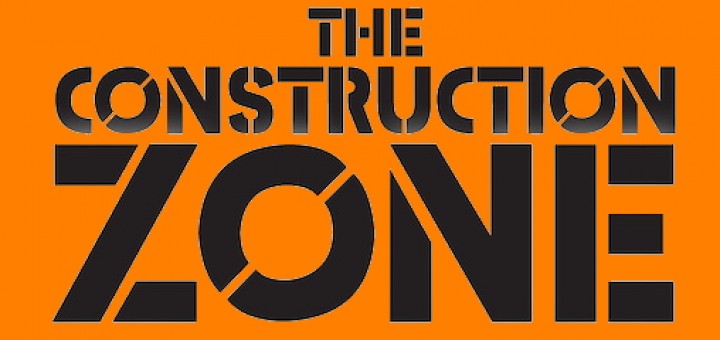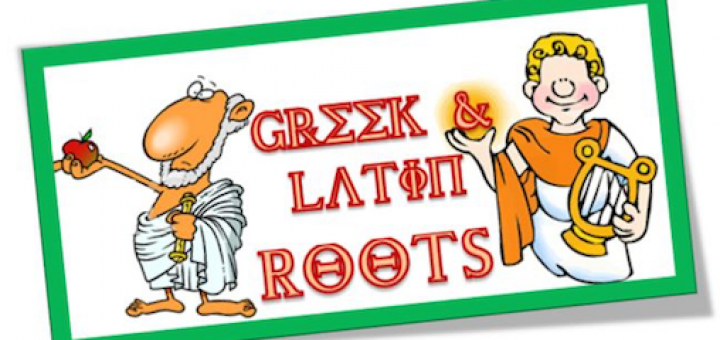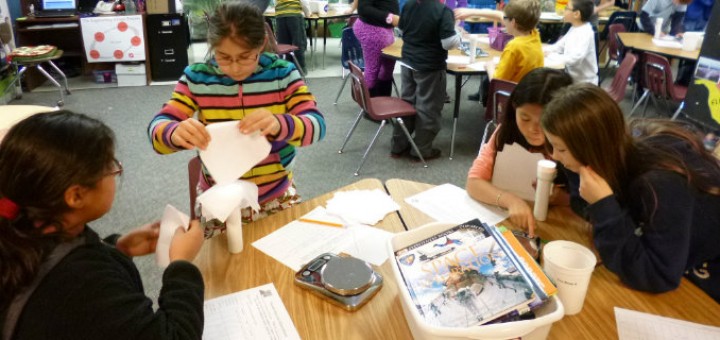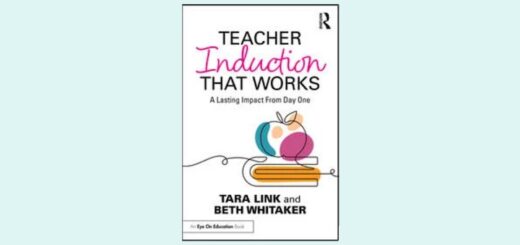Teaching and learning in grades 4-8
Now is the perfect time to read The First Six Weeks of School, 2nd Ed. from Responsive Classroom. Reviewer Linda Biondi finds even more to use in the new edition of a book she has incorporated into her smooth-running 4th grade classroom for years.
Why blog? Starr Sackstein provides lots of reasons in her book, Blogging for Educators: Writing for Professional Learning. Sackstein also shows how to set up a blog. Reviewer Mary Langer Thompson recommends the book for teachers who can’t keep themselves from writing.
Teacher-consultant Terry Thompson, author of The Construction Zone, defines four elements of good instructional scaffolding and uses the example of teaching a kid to ride a bicycle to demonstrate why a clear focus on learning targets is a critical first step.
A three-perspective approach to reading response (as a reader, a writer and a human being) has been a helpful resource for Sarah Donovan and for her students as they respond to writing by their peers. Donovan includes several model activities and examples.
When you think of Greek and Latin roots, you think high student engagement, right? No? ELA teacher Amber Chandler plans to make all those old roots rock this fall as she introduces the concepts of language development and acquisition to her students.
The new school year is on the horizon and STEM teachers are going to be caught up in the whirlwind of preparation before Day One. As you prepare to engage students in exciting STEM lessons, Anne Jolly offers 5 lesson principles to keep in the forefront.
In “Q Tasks,” Carol Koechlin & Sandi Zwaan argue that the key to learning, understanding & thinking critically is the Question. The book’s 50 or so lessons help students generate & use questions for learning & evaluating information, says Laura Von Staden.
Teachers looking for new ways to incorporate primary sources into history lessons covering 5 centuries will find great ideas in Jana Kirchner and Andrew McMichael’s Inquiry-Based Lessons in U.S. History, says social studies teacher Michael DiClemente.
In the 3rd edition of “101 Answers for New Teachers and Their Mentors,” Annette Breaux adds ideas for using tech in lessons, connecting via social media, and reflecting regularly. “Practical and easy to use” by all teachers, says PD consultant Anne Anderson.
Plans for Republican and Democratic primary debates are well underway. Media literacy expert Frank W. Baker is ready with guidelines for engaging students in classroom research and discussion. Baker’s first focus: the very crowded GOP debates scheduled for this fall.












































